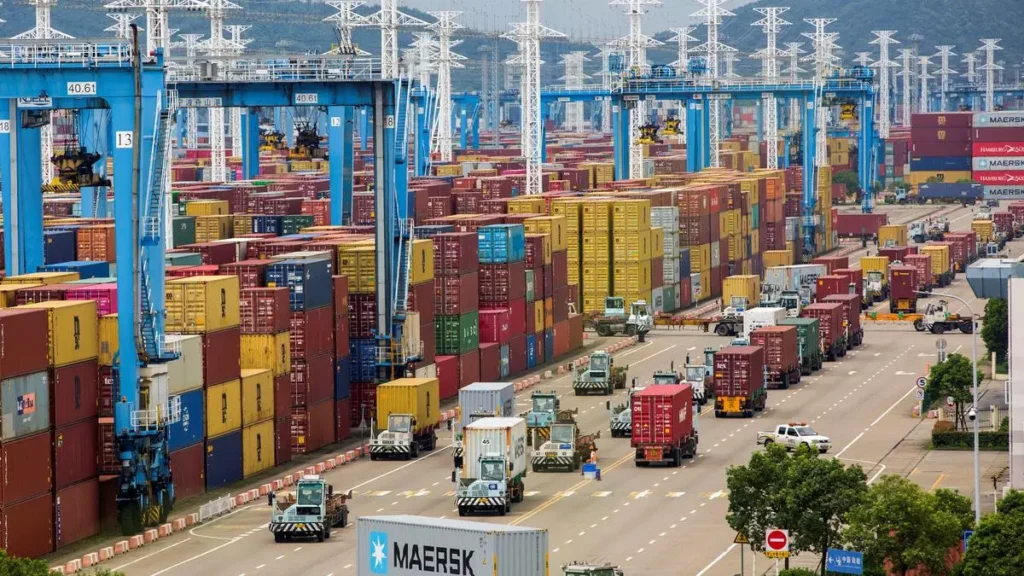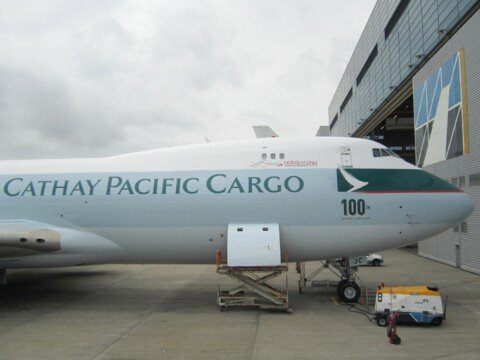The Jawaharlal Nehru Port Authority (JNPA) is set to invest nearly ₹100 crore to establish India’s first pilot project for shore-electric-power-supply, aiming to eliminate the use of diesel for powering ships at berth. JNPA Chairperson Unmesh Wagh announced the initiative in Mumbai, highlighting the project’s significance as a pioneering step in India’s maritime sector.
The pilot project will be implemented at the third container terminal of Jawaharlal Nehru Port in Maharashtra, operated by Gateway Terminals India, a joint venture between APM Terminals and the Container Corporation of India Ltd (CONCOR). A Memorandum of Understanding (MoU) with all stakeholders is scheduled to be signed on July 11.
“On a pilot basis, we plan to provide shore electric power supply to ships that berth at one of our terminals at Jawaharlal Nehru Port. This will be the first such project in India,” Wagh stated. The shore power facility will enable ships to use electricity from the national grid for essential services such as hoteling, unloading, and loading activities, instead of relying on diesel engines. A mid-sized tanker, for example, requires 12 MWh of electricity, which is currently generated through diesel engines at berth.
“This facility will help power two ships simultaneously, eliminating the use of diesel at our ports,” Wagh added. JNPA already uses shore electric power for its berthed tugs. The tenders for this pilot project will be awarded in the next three months. If successful, JNPA plans to expand the facility to all terminals, requiring a total of 74 MW and an estimated investment of ₹600 crore.
From April to November 2023, over 15,200 ships visited India’s 12 major ports, including Jawaharlal Nehru Port, with an average turnaround time of slightly over two days. The shift to shore power is expected to significantly reduce diesel usage and associated pollution.
In addition to the shore power project, JNPA is working towards eliminating diesel vehicles within the port premises. By August 15, two battery-operated trucks will be operational, and within a year, all 400 diesel trucks operating between the shore and the yard will be converted to electric. “This will ensure that all vehicles operating inside the port are electric,” Wagh stated.
This comprehensive approach underscores JNPA’s commitment to sustainability and environmental stewardship in port operations.







